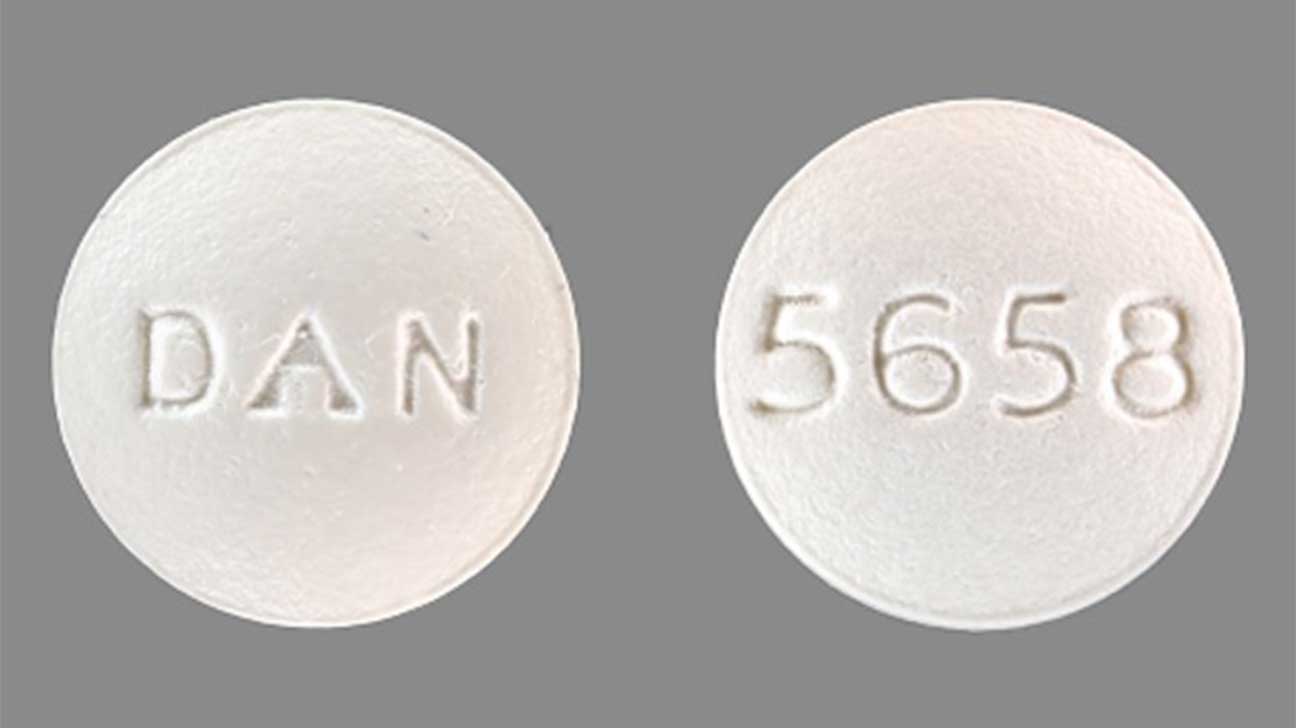Flexeril Addiction – Unveiling the Truth Behind the Controversial Muscle Relaxant
Flexeril Addiction – Unveiling the Truth Behind the Controversial Muscle Relaxant

As modern medicine continues to advance, the development of pharmaceutical drugs has skyrocketed, offering a wealth of treatment options for various ailments and conditions. One such drug that has gained significant attention is a potent muscle relaxant, known for its ability to alleviate muscular pain and discomfort. However, the use of this medication has sparked discussions and debates regarding its potential addictive properties, raising concerns among both medical professionals and patients alike.
Exploring the intricacies of pharmacological substances, it is crucial to delve into the mechanisms of action that these drugs exert on the human body. Research indicates that this particular muscle relaxant acts by targeting specific neurotransmitters and receptors within the central nervous system, ultimately leading to a reduction in muscle spasticity and tension. With its ability to modulate the communication between nerves and muscles, this medication offers relief to individuals suffering from conditions such as muscle strains, sprains, and spasms.
However, questions arise regarding the possible addictive nature of this widely prescribed drug. While commonly associated with substances that induce physical or psychological dependence, addiction can be a complex phenomenon, encompassing more than just chemical receptors in the brain. With its ability to relieve pain and induce relaxation, this muscle relaxant holds the potential to produce pleasurable sensations, which may contribute to a psychological craving for the medication.
Is Flexeril Addictive?
Understanding the Potential for Dependence
The use of muscle relaxers is common for individuals experiencing muscle pain or spasms. Flexeril is a well-known muscle relaxer often prescribed by healthcare professionals. However, it is crucial to assess the potential risks and side effects associated with its use. One concern that arises is whether or not Flexeril is addictive.
The Nature of Flexeril’s Effects
Flexeril operates by targeting the central nervous system to alleviate muscle spasms and promote relaxation. Through its action, the medication helps individuals find relief by reducing muscle tension and pain. However, it is important to note that while Flexeril can be highly effective in managing muscle spasms and discomfort, some individuals may develop a dependency on the medication.
The Distinction Between Addiction and Dependence
It is crucial to differentiate between addiction and dependence when discussing Flexeril or any medication. Addiction refers to a psychological or behavioral pattern in which a person compulsively seeks a substance despite adverse consequences. On the other hand, dependence occurs when an individual’s body adapts to a specific medication and experiences withdrawal symptoms upon discontinuation.
Potential for Dependence and Withdrawal
While Flexeril is not considered highly addictive, the potential for dependence exists. Prolonged use or misuse of Flexeril can lead to physical dependence where an individual may experience withdrawal symptoms upon discontinuation of the medication. These symptoms can include rebound muscle spasms, insomnia, irritability, headache, and nausea. Therefore, healthcare professionals recommend a cautious approach when prescribing Flexeril and closely monitor its usage to minimize these risks.
For more information on Flexeril muscle relaxer side effects, you can visit flexeril muscle relaxer side effects.
Understanding the Potential for Flexeril Addiction
The aim of this section is to explore the possibility of developing an addiction to Flexeril, a muscle relaxant medication. It is important to comprehend the potential risks associated with prolonged or improper use of this substance, as well as to recognize the signs and symptoms of addiction.
- Recognizing the Dependence-Inducing Nature
- Exploring Psychological Addiction
- Understanding Physical Dependence
- Identifying Risk Factors
- Recognizing the Signs of Addiction
One crucial aspect to understand is the inherent ability of certain medications, such as Flexeril, to create a psychological and physical dependency. While not all individuals who take Flexeril will develop an addiction, it is vital to comprehend the factors that contribute to the potential for dependency.
Psychological addiction, often driven by the euphoric effects or emotional relief provided by a substance, plays a significant role in the context of Flexeril use. Understanding the psychological aspects that can lead to addiction will help individuals make informed decisions regarding its consumption.
In addition to psychological addiction, physical dependence can arise from consistent use of Flexeril. It is essential to recognize the potential withdrawal symptoms that may manifest if the medication is abruptly discontinued, as this can contribute to the perpetuation of addiction.
Various factors can increase an individual’s susceptibility to developing an addiction to Flexeril. Exploring these risk factors, such as a history of substance abuse or mental health conditions, enables healthcare professionals to identify individuals who may require closer monitoring or alternative treatment options.
Being aware of the signs and symptoms of Flexeril addiction is crucial for early intervention and effective treatment. This section will outline the behavioral, physical, and psychological indicators that may indicate the presence of an addiction.
By gaining a comprehensive understanding of the potential for addiction associated with Flexeril, individuals can make informed decisions, seek appropriate medical guidance, and take necessary precautions to minimize the risk of developing a dependency on this medication.
The Effects of Long-term Flexeril Use
Long-term use of a certain muscle relaxant medication can lead to various consequences and impacts on individuals’ well-being and health. This article aims to shed light on the potential effects associated with prolonged utilization of this specific drug, exploring its impact on different aspects of a person’s life.
Physical Effects:
The prolonged usage of this medication can potentially result in a range of physical effects. These effects may manifest in terms of changes in body functions, sensations, and overall physical well-being. Such long-term usage may also influence different body systems, leading to alterations in muscular strength, coordination, and reflexes.
Psychological Effects:
Aside from its physical impacts, the prolonged use of this muscle relaxant may also have psychological effects. These effects might include alterations in individuals’ cognitive abilities, emotional well-being, and overall mental health. Furthermore, the long-term usage of this drug can potentially influence individuals’ moods, causing fluctuations in their emotional states and affecting their daily functioning.
Dependency Risk:
While the addictive potential of this medication remains a topic of discussion and further research, prolonged use of certain muscle relaxants can potentially lead to the development of dependency. Individuals who engage in long-term use may experience withdrawal symptoms once they discontinue its usage, highlighting the important consideration of closely monitoring usage and potential tapering off of the medication.
Impact on Daily Life:
Extensive reliance on this medication for an extended period can significantly impact a person’s daily life and activities. It may affect their ability to maintain normal functionality, carry out routine tasks, and engage in physical or mental activities. This can lead to challenges in managing personal and professional responsibilities, potentially altering one’s quality of life.
Considerations for Long-term Use:
It is crucial to recognize the potential impacts and consequences associated with long-term usage of this specific muscle relaxant. Regular consultation with healthcare professionals and monitoring of one’s physical and psychological well-being are essential to ensure the appropriate and safe utilization of this medication.
In conclusion, prolonged usage of a particular muscle relaxant can have significant effects on individuals’ physical and psychological well-being. It is important to be aware of the potential consequences and consider the necessary precautions when using this medication for an extended period of time.
Recognizing the Signs of Flexeril Dependence and Seeking Help
Recognizing the signs of dependence on a medication can be crucial in seeking the necessary help and support. In the case of Flexeril, a muscle relaxant commonly prescribed for muscle spasms and pain, it is important to understand the indicators of dependence to ensure timely intervention and recovery.
Physical Signs of Flexeril Dependence
Dependence on Flexeril may manifest through various physical signs and symptoms. These may include increased tolerance to the medication, experiencing withdrawal symptoms when attempting to stop or reduce its use, engaging in compulsive and uncontrollable drug-seeking behavior, and experiencing cravings for the drug. Individuals who are dependent on Flexeril may also find themselves needing higher doses to achieve the same therapeutic effect and may experience a loss of control over their usage.
Psychological and Behavioral Indicators
The psychological and behavioral indicators of Flexeril dependence can also be significant. These may include changes in mood, such as irritability or anxiety, as well as a preoccupation with obtaining and using the medication. They may also exhibit a loss of interest in activities that were once enjoyable, experience difficulties in concentration and memory, and may neglect important responsibilities due to their drug use.
| Increased tolerance | Mood changes (irritability, anxiety) |
| Withdrawal symptoms | Preoccupation with obtaining and using the medication |
| Compulsive and uncontrollable drug-seeking behavior | Loss of interest in activities |
| Cravings for the drug | Difficulties in concentration and memory |
| Increased dosage needed for the same effect | Neglecting responsibilities |
If you or a loved one are experiencing any of these signs or symptoms, it is crucial to seek help from a healthcare professional or addiction specialist. They can provide guidance, support, and appropriate treatment options to address Flexeril dependence and promote recovery.

There are no comments